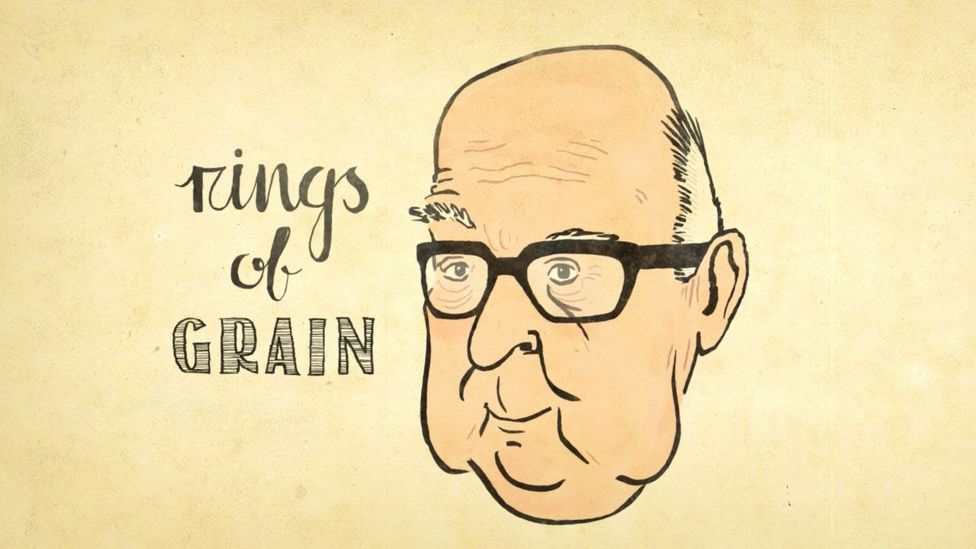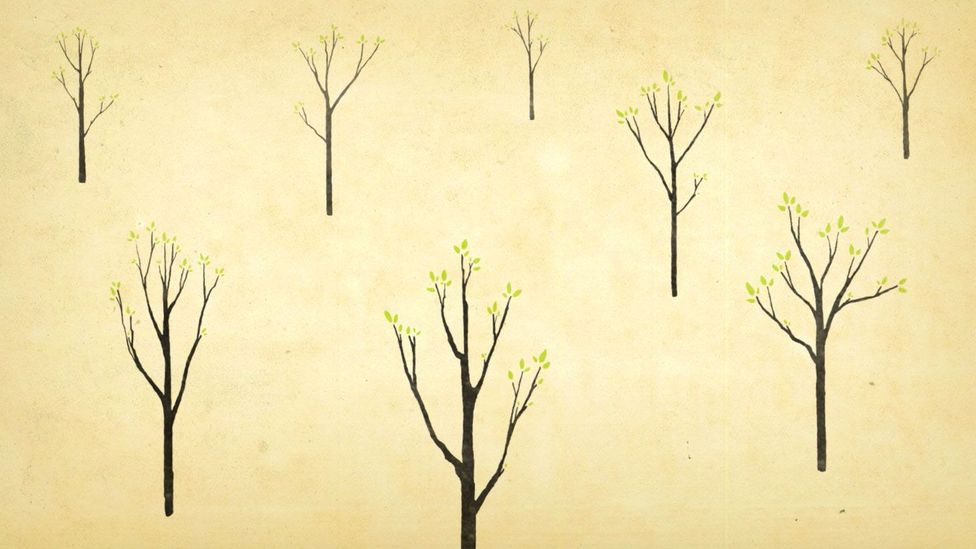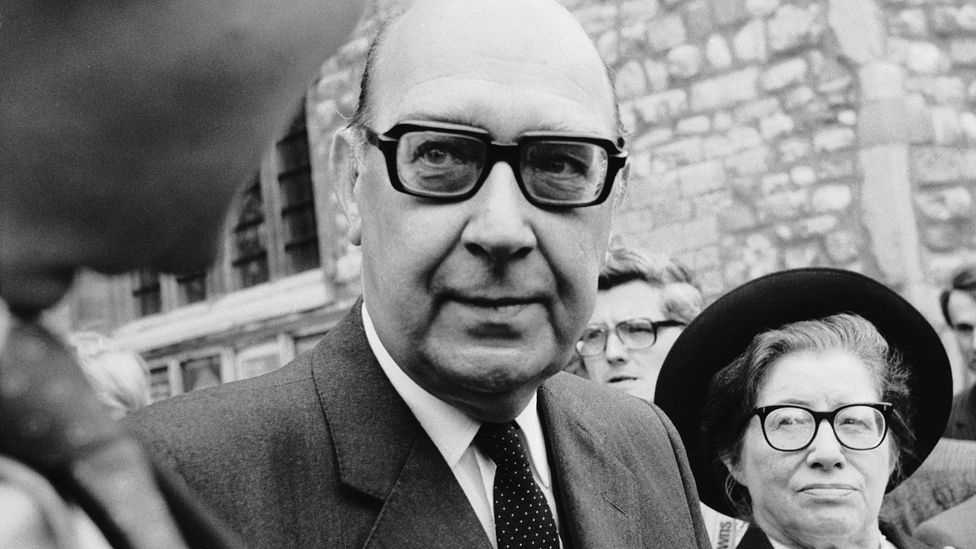 |
| Philip Larkin |
Philip Larkin: England’s most miserable genius?
James Booth
1 December 2015
Thirty years after his death, the poet Philip Larkin is finally to be awarded a memorial in Westminster Abbey’s ‘Poets’ Corner’ – that revered shrine to British writers. Chaucer, Dickens and Tennyson are buried there, while many others – Shakespeare, Keats and Wilde included – have been memorialised.
After the posthumous publication of his letters, Larkin’s reputation was marred by accusations of misogyny and racism – but this did little to damage his stature as a writer. In 2003, a survey taken by the Poetry Book Society named him the nation’s best-loved poet of the last 50 years.
His relatively small but brilliant body of work, from The Whitsun Weddings to High Windows offers a distinctive flavour of post-war England. But what was Larkin’s own attitude to his country?
‘Contrarian spirit’
The word 'England' appears in Larkin’s mature poetry only four times. “My God”, he wrote in a letter, “surely nationalism is the surest mark of mediocrity!” In The Importance of Elsewhere, the prospect of return to England from five years in Ireland fills him with apprehension. There he felt “welcome” since his “difference” was expected and allowed. “Living in England has no such excuse,” he wrote. Back among his own 'customs and establishments' he would be required to conform.
Books are a load of crap – Philip Larkin
And of course he did conform. Official photographs show him in 1961, as librarian in full academic garb, proudly looking on as the Queen Mother opened the new library in Hull into which he had put so much work. The volume of essays on librarianship published in his honour after his death attests to a distinguished career. But he was a 'poet-librarian', and as far as the poet was concerned “Books are a load of crap”. And in any case: “Beneath it all, desire of oblivion runs.”Larkin's view of the nation's customs and establishments is ambiguous. He would dissolve in tears listening to the Armistice Day ceremony on the radio. But in November 1950, in sheer bloody-mindedness, he refused to buy a poppy. He wrote to his mother: “no particular reason, except that the hags are so confident when they approach you”.
In a letter he called The Trees ‘bloody awful tripe’
This contrarian spirit extended to his poetry. He was aware that the emotional uplift of The Trees would make it a popular poem. “Last year is dead” the leaves seem to say: “Begin afresh, afresh, afresh.” But in a letter he called the poem ”very corny”, and after the workbook draft he added the comment: “bloody awful tripe”.

Larkin may have enjoyed acting up to his conservative public image, sitting po-faced in photographs by an ENGLAND road sign (Credit: Lucy Izzard)
He may have enjoyed acting up to his conservative, curmudgeonly public image, sitting po-faced in photographs by an ENGLAND road sign. But his poetry is not provincially English; it is universal with an English flavour. “I suppose the kind of response I am seeking from the reader is, Yes, I know what you mean, life is like that; and for readers to say it … not only in England but anywhere in the world.” The pure lyric vocabulary of The Trees makes it an easy poem to translate.
The Whitsun Weddings may evoke a particularly English social scene, but the 'frail travelling coincidence' of the train journey, and the bustle on the platforms, speak to readers across cultures:
… fathers had never known
Success so huge and wholly farcical;
The women shared
The secret like a happy funeral;
While girls, gripping their handbags tighter, stared
At a religious wounding.
The ‘other Poet Laureate’
Larkin was never Poet Laureate. Many felt he should have been offered the position in 1972, but John Betjeman was preferred. In 1982 Larkin asserted that “poetry” and “sovereignty” are both “very primitive things”. “I like to think of their being united in this way, in England”. The Laureate is, of course, appointed directly by the monarch, though since Wordsworth stipulated as a condition of his acceptance that he not be required to memorialise royal events (what Larkin referred to as “bloody babies”) this has not been compulsory.

Larkin was aware that the emotional uplift of The Trees would make it a popular poem but he later called it ”very corny” (Credit: Lucy Izzard)
By the time Betjeman died in May 1984 Larkin was only months from his own death, and could only decline the position when it was offered to him. He wrote wistfully to Kingsley Amis: “the thought of being the cause of Ted's being buried in Westminster Abbey is hard to live with”.
Ted Hughes became Laureate and in due course, as Larkin forecast, he was commemorated with a memorial in Westminster Abbey, in 2011. Many raised their eyebrows at this. Alan Bennett wrote in his diary: “Though Hughes fits the popular notion of what a poet should be, many more of Larkin's writings have passed into the national memory.”
Larkin called himself ‘an agnostic, I suppose, but an Anglican agnostic, of course’
Now, a little late, Larkin is to join Betjeman and Hughes in Poets' Corner. Since Anglicanism is, for the present, the state-established religion, this honour is in the gift of the Dean of Westminster, and Larkin's installation will take the form of a religious service. Is this entirely inappropriate? Larkin called himself “an agnostic, I suppose, but an Anglican agnostic, of course”.

A little late, Larkin is to join John Betjeman and Ted Hughes in Poets' Corner in Westminster Abbey (Credit: Getty Images)
He loved the country churches which knit the English landscape together. In his only positively charged poetic use of the word 'England', in Going, Going, he deplores pollution and urban sprawl: “And that will be England gone, / The shadows, the meadows, the lanes, / The guildhalls, the carved choirs.” But, eloquent though this poem is, he derided it in a letter as “thin ranting conventional gruel”. What really moved him about churches was not nostalgia for an archaic England, but the fact that “so many dead lie round”.
Larkin’s atheism was unflinching, courageous
That 'agnostic' was a polite evasion. His atheism was unflinching, courageous. He commented on the Bible: “It's absolutely bloody amazing to think that anyone ever believed any of that. Really, it's absolute balls.” For Larkin religion was a “vast, moth-eaten musical brocade / Created to pretend we never die.” We may wish that the clasped hands on the Arundel tomb could 'prove' that “What will survive of us is love”. But this is an 'almost true' 'almost-instinct'. He wrote in the margin of his workbook: ' “Love isn't stronger than death just because statues hold hands for 600 years”.
He was touched deeply only by love, death and ‘being alive, in the flesh’
Larkin's was the purest of lyric sensibilities: always here, always now. He was touched deeply only by the existential fundamentals: love, death, and “being alive, in the flesh”: “the million-petalled flower of being here”. His fear of extinction is harrowing: “Not to be here, / Not to be anywhere, / And soon; nothing more terrible, nothing more true.” Larkin is the laureate of a post-Christian, secular England; and it is much to the credit of the Dean that he has granted him space in this Anglican sanctum. But the English/British cultural establishment has long been a patchwork of compromises between contradictions. Larkin's fellow atheists AE Housman and Percy Bysshe Shelley are already there, waiting for him to join them.
If you would like to comment on this story or anything else you have seen on BBC Culture, head over to our Facebook page or message us on Twitter.
This story is a part of BBC Britain – a series focused on exploring this extraordinary island, one story at a time. Readers outside of the UK can see every BBC Britain story by heading to the Britain homepage; you also can see our latest stories by following us on Facebook and Twitter.


No comments:
Post a Comment